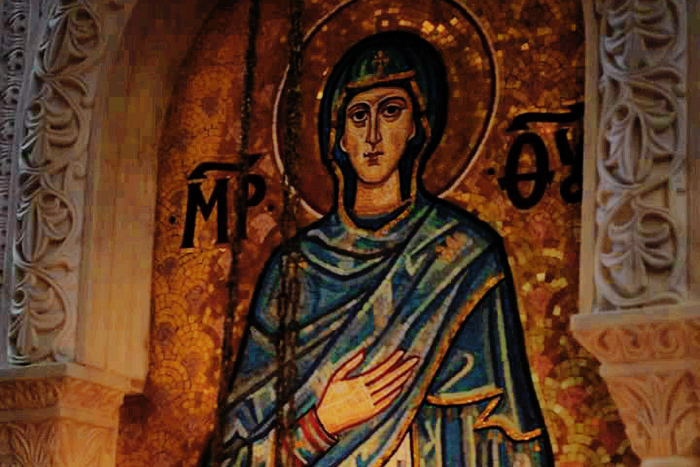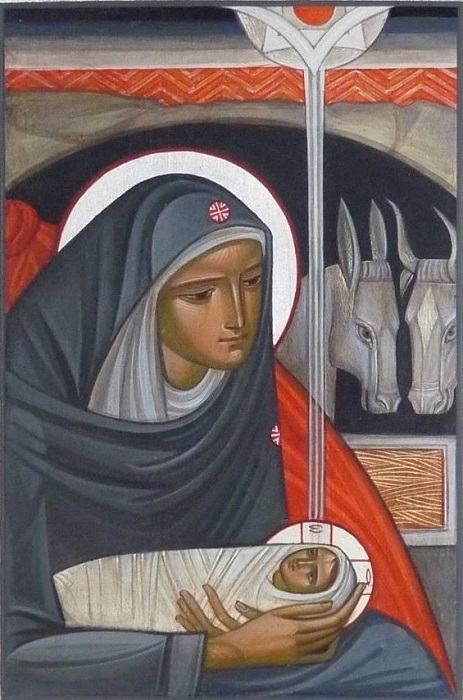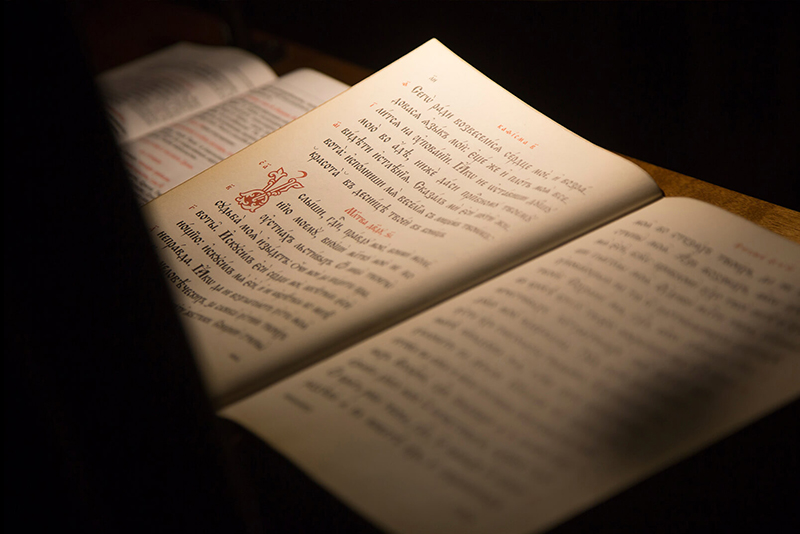
The veneration of the Virgin Mary has long been point of contention among Christians. Although it May be difficult to delineate a uniform position among the plethora of Protestant denominations‚ it is generally recognized that most of the Reformed Churches have no particular place of honor for the Virgin Mary in their theology or worship. Most believe that her role was fulfilled at giving physical birth to the human Jesus Christ and from there on she is nothing but a regular woman that went on with her life‚ having other children and never to be heard of again. On the other hand the Roman Catholic and the Eastern Orthodox‚ although May differ in some theological aspects‚ hold the Virgin Mary in great respect and elevate her to a prominent role in one’s journey to salvation.
A recent article from a Catholic blog however speaks to a relative softening of the rigid position Protestant believers hold towards the Virgin Mary. Some of them are beginning to adjust their views. ”We’ve ignored Mary‚ and now we’re recovering her place in salvation history”‚ says for instance Rev. Prehn‚ pastor of St. Paul Lutheran Church. This new approach gives great hope that our Protestant brothers and sisters are beginning to be more open towards the richness of the Holy Tradition of the One Church. There is however a long way to go since most of Protestants continue to equal the veneration of the Virgin with idolatry and consider her as a potential brake in our relationship with God.
Looking at Bible accounts‚ that we all could agree on‚ we can appreciate that Mary has joined in the greatest miracles that ever happened: the conception of a baby without a father‚ water turning into wine‚ paralytics walking‚ blind men seeing‚ devils being cast away‚ people raising from the tombs. She was a witness of her Son’s crucifixion and a sword pierced her heart at His death‚ as Symeon prophesized (Luke 2:35). She was filled with the immense joy of His Resurrection and she again was there to receive a final blessing as He ascended into heavens.
If we try to weigh all these history shaping events that she was part of‚ I find very difficult to imagine the Virgin Mary afterwards as a regular housewife that contents herself with cleaning duties‚ taking care of her husband and raising other offspring. The salvation of the world accomplished by her Son Jesus Christ could not have just passed by without deeply affecting her. Everyone else that was touched by Christ in any way had a profound change of heart‚ what the Greeks call “metanoia”‚ and served no purpose in their changed lives other than spreading the good news of the Gospel.
The Apostles received the Great Commission from Christ and after Pentecost they went on and baptized the nations in the name of the Holy Trinity‚ ending their lives in martyrdom. Even Saul‚ a Pharisee that never met Christ‚ changed into Paul the Apostle of Grace and tirelessly preached the Gospel to the Gentiles. These teachings were handed down to the next generations and their effects were so profound that during the Christian persecutions many renounced their family lives and confessed Christ with their own blood under the sword of the executioners.

Acknowledging this “great cloud of witnesses” why would then someone deny that something similar happened to Mary? Why would we be thinking that for the only woman that was found worthy to carry The Christ in her womb‚ everything went backwards; instead of walking up into glory she descended into obscurity.
If the Apostles received the Great Commission from Christ‚ she also received her commission from the Archangel Gabriel and‚ accepting it with her humble words: “be unto me according to your word”‚ she became the New Eve of salvation. As the fiery tongues of the Holy Spirit descended upon the Apostles she also experienced her own personal Pentecost when the Holy Spirit “overshadowed her” and Jesus Christ was conceived in her womb. (Luke 1:35). Her purpose did not end in the manger of Bethlehem nor on the hill of Golgotha. At the foot of the Cross‚ she received a great and new commission. When Jesus Christ showed her to his beloved apostle John and said: “Woman‚ behold thy son!” (John 19:26)‚ she became the mother of every man that lives on earth.
Her care‚ that initially surrounded the Holy Infant in His growing years‚ spreads today over all mankind. She continuously intercedes to God for our salvation‚ covering the entire world with her holy protection (Agia Skepi)‚ as St. Andrew the Fool for Christ saw in his vision in the church of Blachernae.
The Ever Virgin Mary is indeed the Theotokos‚ the Birthgiver of God‚ the Mother of our Lord. The fact that she is called the Birthgiver of God does not make her a Goddess‚ it is but a way of recognizing that the One born of her is God and Man together‚ united without confusion. Jesus is God therefore she is Theotokos.
So is the veneration of Mary idolatry? We do not worship her or her icons‚ worship is only due to God‚ but we continuously venerate and remember her role in our salvation and ask her to give us a helping and comforting hand on the treacherous ladder that leads up to heavens.
Is she a brake in our salvation? Not more than a loving mother is a brake in the upbringing of her sons. There are no intercessions more powerful that the prayers of a mother to her Son‚ so the intercessions of the Theotokos are our greatest help on the way to salvation in Christ. In her‚ we can approach Christ without fear‚ knowing that she has a mother’s heart for all of us and is quick to hear our need and take it to her Son. At the feast of Dormition that we will celebrate soon‚ her motherly role becomes eternal.
Orthodox‚ Catholics or Protestants we should not be afraid of the Theotokos‚ she is not a dividing wall between us‚ nor a stumbling stone on our salvation‚ she is nothing but a loving mother that cares‚ not just for some‚ but for all her children‚ good or bad‚ she loves us all the same.



